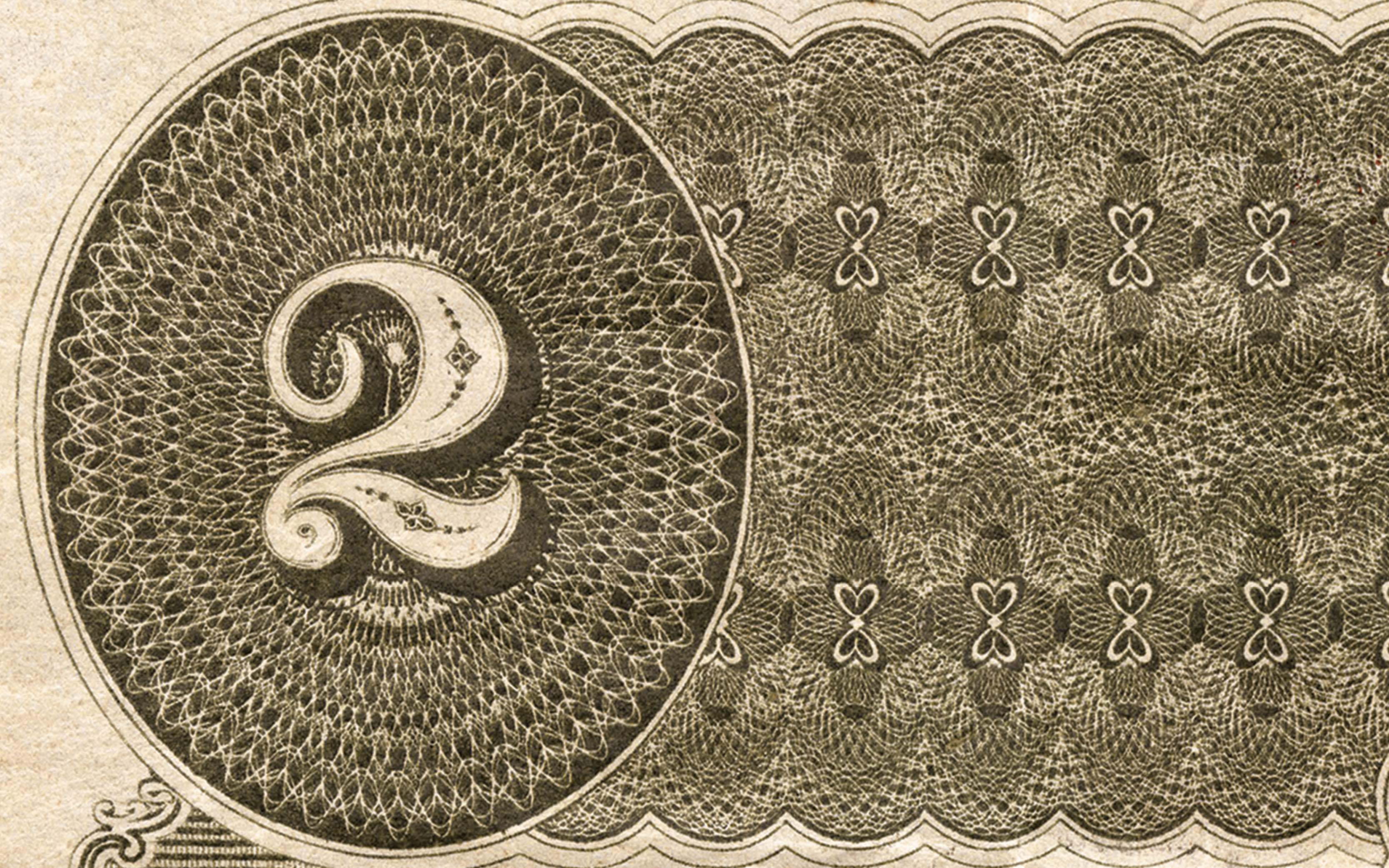Two Treatises On Competitive Currency and Banking by Lysander Spooner (full text), edited by Phil Magness
Lysander Spooner (1808-1887) is primarily remembered today as a sharp-witted legal theorist who penned a number of influential attacks on the institution of slavery in the decades preceding the American Civil War. An uncompromising logician, his preferred means of argument entailed taking an agreeable premise—usually from the common law or observed convention—and methodically developing it to an unwavering extreme, intended to tease out uncomfortable truths it revealed about societal hypocrisies and injustices. He was a self-professed enemy of political authority, although he operated within its own turf of the legal system. His most famous works in his lifetime deployed the U.S. Constitution against its own most notorious clauses, effectively arguing that the continued tolerance of slavery under constitutional auspices would render the document—and the government based upon it—void. After the Civil War he extended this reasoning to the concept of government more generally, using strict legal literalism to cast doubt upon the social contractarianism and any constitution that ostensibly rested upon its assumptions.
In presenting these two “lost” treatises, I seek neither to endorse nor refute Spooner’s conclusions, but rather to offer them as an insight into the mind of one of America’s most original and provocative thinkers. Although reflective of his own lifetime, his arguments carry fascinating parallels to our own grappling with competitive currencies and banking. By making them available again after more than a century in seclusion, it is my hope that they will both further our historical understanding of the time in which they were written and offer relevant insights to the evolution of economic ideas in the present day.
[pdf-embedder url=”/wp-content/uploads/2018/11/Spooner-Two_Treatises.pdf”]










